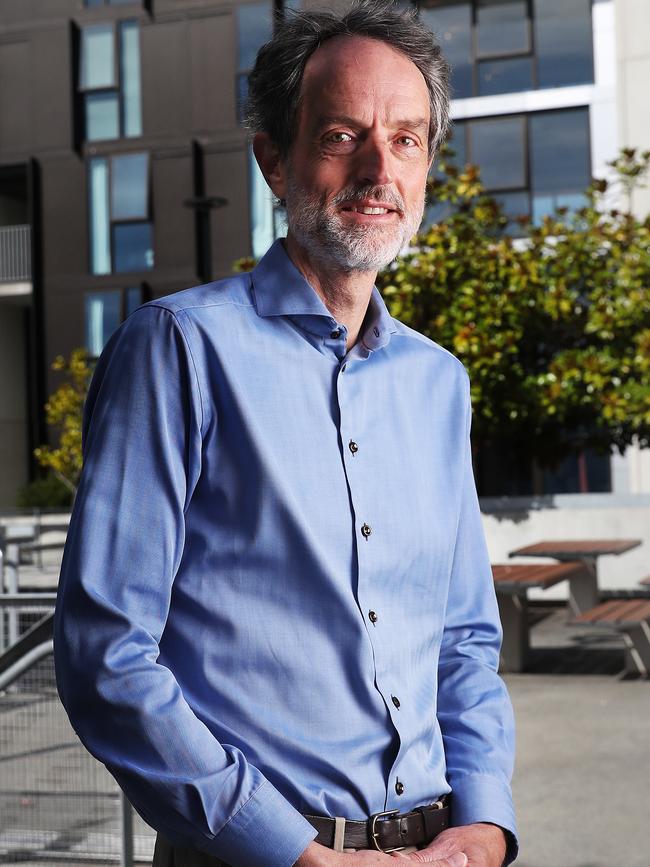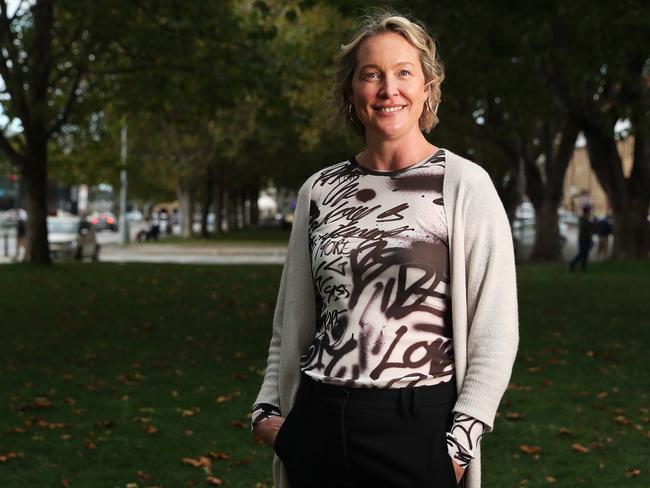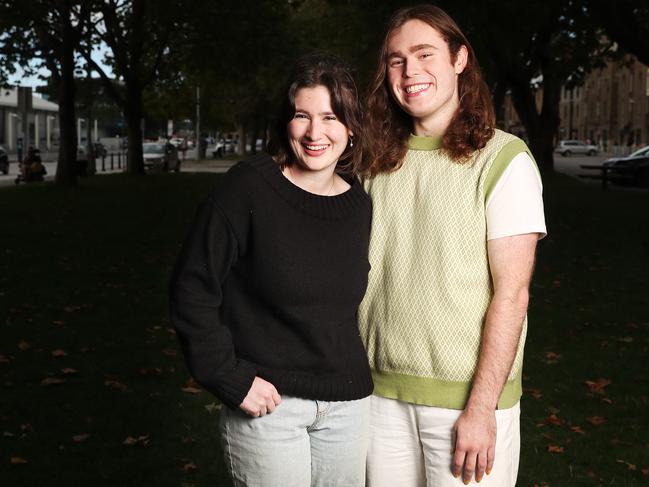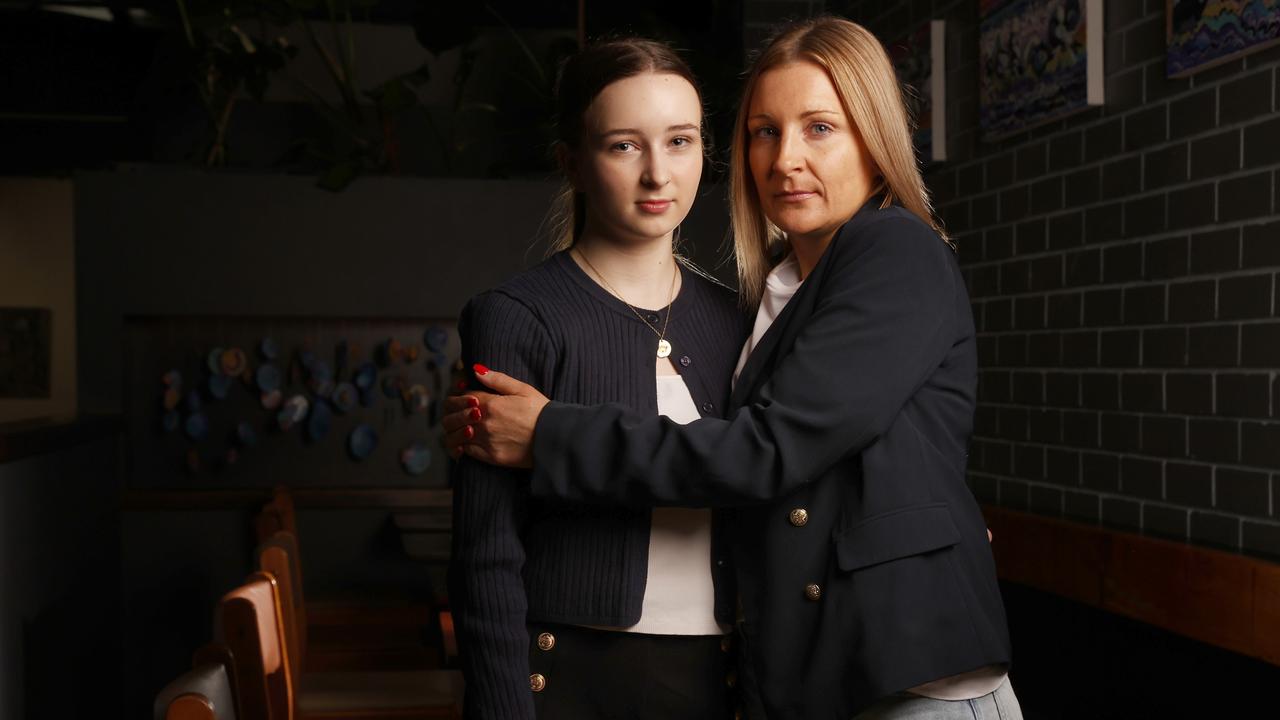Tasmania’s highest paid graduates revealed as University of Tasmania out-earns mainland counterparts
Graduates from the University of Tasmania had the highest median salaries in Australia last year – but which professions earn the most? See our highest-paid industries and what grads earn >>

Tasmania
Don't miss out on the headlines from Tasmania. Followed categories will be added to My News.
GRADUATES from the University of Tasmania had the highest median salaries in Australia last year – thousands of dollars higher than those from other prestigious universities.
The latest Graduate Outcomes Survey also revealed that social workers’ pay is now the third highest behind dentists and doctors.
Graduate social workers earned a full-time median salary of $75,000 in 2022, up from $73,600 a year earlier.
The survey showed the median salary for UTAS graduates in 2022 was $78,300.
It was followed by the University of Southern Queensland with $75,000, Central Queensland University, $73,100, Charles Darwin University, $73,100, and Charles Sturt University, $72,800.
The survey found many institutions saw a large increase in undergraduate salaries from 2021 to 2022.

“These institutions were University of Tasmania, $8300, La Trobe University, $5500, RMIT University, $4700, Murdoch University, $4600, University of Wollongong, $4400, and The University of Sydney, $4100,” it said.
Torrens University in Adelaide had the lowest median salary of the 43 universities listed at $58,200 with the University of Melbourne $63,900, Monash University $67,000, ANU $68,000 and the University of Sydney $69,100.
UTAS vice-chancellor Professor Rufus Black said the university was proud of all of its students and “what they go on to achieve”.
“Education is always valuable in and of itself, but it is wonderful when it also leads to great employment outcomes,” he said.
“The latest Graduate Outcome Survey results are a real recognition of the quality of education our students are receiving and how well it’s preparing them for the workforce and for contributing to the community.
“Delivering for our students in this way is thanks to the amazing work of our academics and all those staff who support them in providing our great teaching and learning.”
The survey showed the median full-time salary for dentists was $100,000, doctors $79,000, teachers $72,200, lawyers $70,000, pharmacists $52,200 and creative arts graduates $56,800.
Head of social work Professor Milena Heinsch said social work was a “critical profession that is needed now more than ever”.

“The pandemic has brought about significant changes that have affected Tasmanian communities in unique ways,” she said.
“Social workers have been on the front lines of the pandemic response, providing critical support to the most vulnerable members of our communities, addressing issues related to mental health, domestic violence, child protection, and homelessness, which have been exacerbated by the pandemic.
“It is encouraging to see graduate earnings are starting to reflect the importance of the profession in the community.”
Tasmanian University Student Association president Liam McLaren said the survey was good news for UTAS students.
“The last few years has seen the university transform both their courses and curriculum to better meet the needs of the Tasmanian workforce through work integrated learning, place-based learning, and strong placement and internship programs,” he said.
“These statistics, however, are reflective of trends we see around the country with regional universities, with the majority of the highest earning universities being regional.
“As Tasmania’s only university, by default UTAS must meet the needs of Tasmania’s workforce.”
Mr McLaren said UTAS worked closely with government and industry through formal agreements, in a way that was “unique compared to other universities across Australia”. However, he said Tasmania’s rates of higher education remained some of the lowest in the country.
Students aim to make a difference
WHEN Katy Johnstone and Ruben Sheriff graduate as social workers they will have a well-paid job for life.
The 19-year-olds are among 463 students enrolled in social work at UTAS, which new head of social work Professor Milena Heinsch says is “a dynamic profession” that offers a wide range of opportunities for graduates.
“The social work program is more than just a degree. It is a transformative experience that prepares students to make a real difference in people’s lives,” she said.
“Our program is grounded in principles of social justice, cultural responsiveness, and ethical practice, and we’re committed to equipping our graduates with the practical skills and knowledge they need to make a meaningful impact in their communities.”

Prof Heinsch said there were an incredible range of career options from working in hospitals and mental health services to family support services and disability care.
Katy is in her first year and has a special interest in the criminal justice system as well as gendered inequalities.
“What initially sparked my attraction to interest in social work at UTAS was my desire to respond meaningly to social issues and make a positive difference to people’s lives.
“As I read the descriptions for social work units, I immediately felt this degree would align with my values, passions and interests whilst allowing me enough flexibility to explore diverse areas of study.”
The pay was not a major consideration when Katy opted to study social work.
“However, I feel the increased pay is a positive reflection on, and recognition for, the contribution social workers make,” she said.
Ruben is in his second year and was attracted to social work because of his love for sociology. “I was never sure what specific direction I’d travel towards in terms of career, but I knew from a young age I wanted to enter a helping profession.
“I find the diversity social work offers as a career really exciting.”
Australian Association of Social Workers CEO Cindy Smith said social work was one of the fastest-growing professions.
“We know that having a university degree, including social work, improves the prospects for better pay over the course of a person’s career,” she said.





